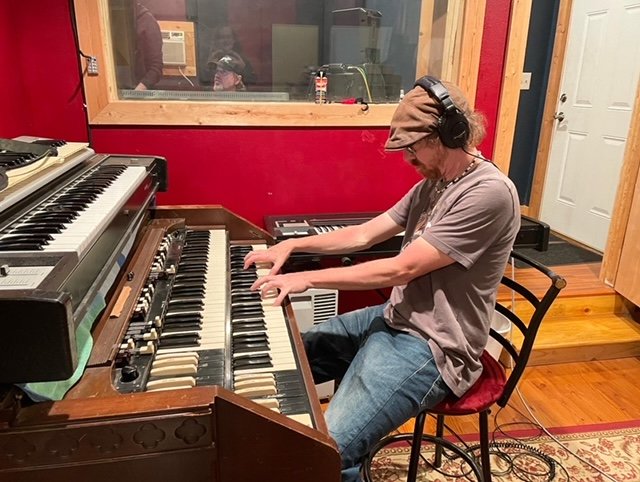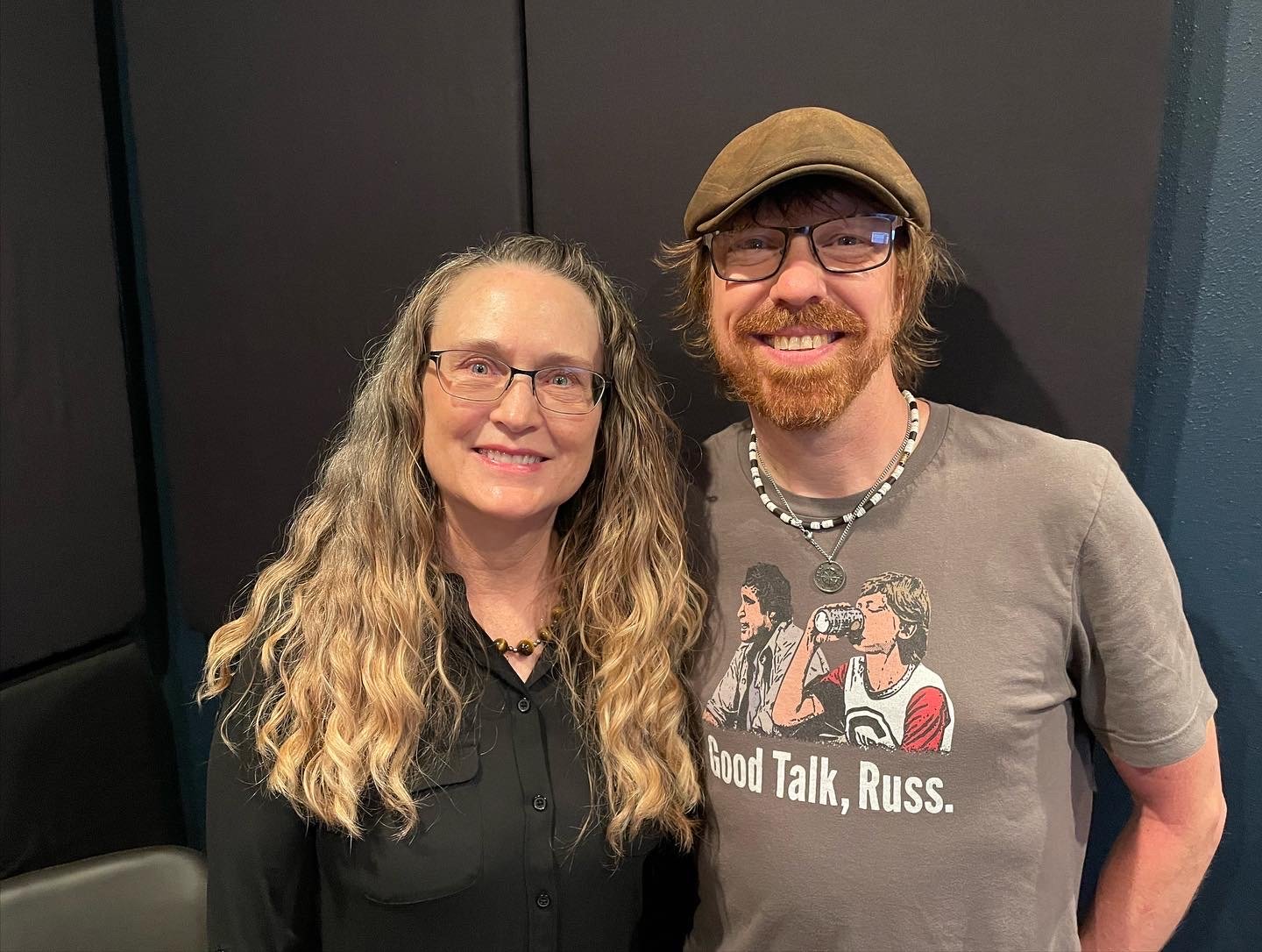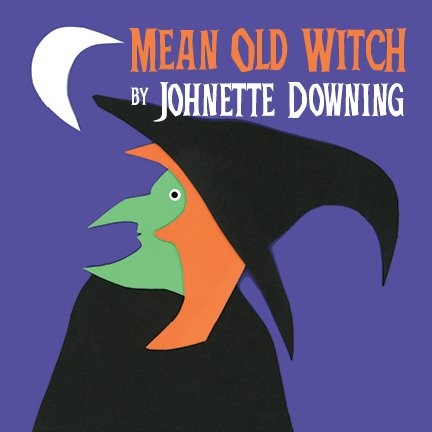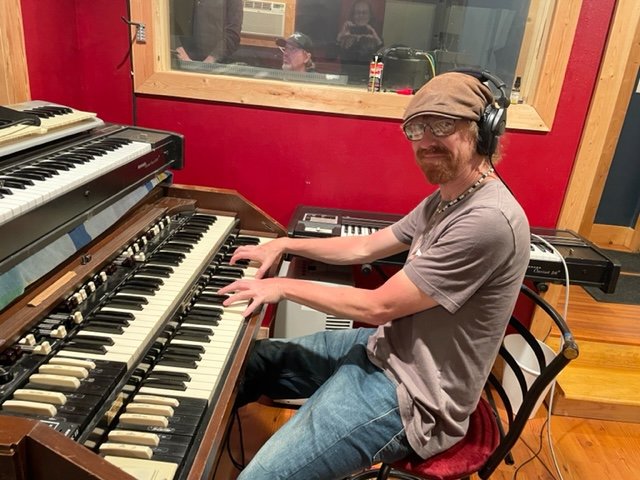Peggy Bilbro gave Singing Waters an amazing review in Modern Haiku 53.2, pages 113-115! She writes,
“Johnette Downing’s Singing Waters is a charming collection encompassing all aspects of her creative life as an accomplished musician and writer with a rich production of music, poetry, and children’s books. Her many years of writing haiku has been culled down to one hundred haiku, a selection that reveals her love of New Orleans, the music that defines her life, and her delight in observing the innocence of childhood. These themes all combine with the music of flowing water.
Downing tells us in her introduction that she has always lived near water but that few poems in Singing Waters are about water. However, there are enough water poems to confirm her love of it in all its transformations. She has divided the poems into six sections, each titled with some aspect of water, moving from falling rain to the bayou and ultimately the ocean. more that a few of the haiku are full of images of moving water, sometimes in a quirky nod to modern life, as in the first poem of the book— “dishwater sky/ we walk through / the rinse cycle”— or this delightful six-word poem that combines the movement of the tides with childhood pleasure—”tide pool / children / come and go.”
Music in all its forms is an underlying theme throughout the collection. The chime in a zen garden, church bells, the roar of a crowd all add to the musicality of Downing’s writing. One of only two haibun in the book is dedicated to the ever-present sound of music in the streets of New Orleans, which she connects to the celebration of death in two of the haiku following the haibun. Downing’s writing in poems such as these is so full of life and energy that the reader is pulled into the activity, almost dancing along with the parade:
coffin
in the curves
of the tuba
cemetery workers
digging
the music
Also woven throughout Singing Waters is a view of a child’s world, not through the eyes of the child, but rather as the writer observing the innocent joy of children. She is very adept at showing that innocence, while leading the reader to remember the simple pleasures of childhood, as she does in “buttercups / a child’s / yellow nose,” or evoking the challenges of childhood in “double-dog dare / sourball / candy.” The reader is also allowed to stand back and simply observe the beautiful, dancing freedom of children as in the following poem:
pink tutus
fluttering in the wind
spring butterflies
Downing’s writing is clean and straightforward. She makes artful use of kigo and kireji to link nature and human experience. The simplicity of her writing makes her poems even more effective. In the sequence titled “Mother" the simple acts of closing her mother’s eyes, closing her mouth, and folding her hands opens the reader to the full circle of life, love, and death. This is not a poem of sorrow but of love and acceptance. Even the haibun “Hurricane Katrina,” recounting the horrible toll of that storm, exhibits the shared burden and finally the same acceptance of life we saw in “Mother",” as we see in these two haiku:
tears of a stranger
leave their mark
on me
dry riverbed
she moves on
with her life
Downing moves easily from traditional haiku and senryu to contemporary themes and format firmly anchored in modern English haiku. She plays with form, from concrete poems such as “March winds / his / c o m b o v e r,” with its upswept final line of letters, to the representation of an ever-so-familiar sound of this senryu:
nails_____________________________________
________chalkboard_______________________
________________________________chills____
Johnette Downing’s collection of haiku is an excellent representation of her creative spirit and lifelong themes. Each poem is complete in itself with nothing added or missing. She presents a warm relationship with life, even in its most difficult moments. Her ability to communicate a full story in a few, simple words makes this book a rich and worthy addition to any library.”
—————-
Thank you Peggy Bilbro for this thoughtful review. I deeply appreciate your thoughtfulness. You can learn more about Modern Haiku online at www.modernhaiku.org.












